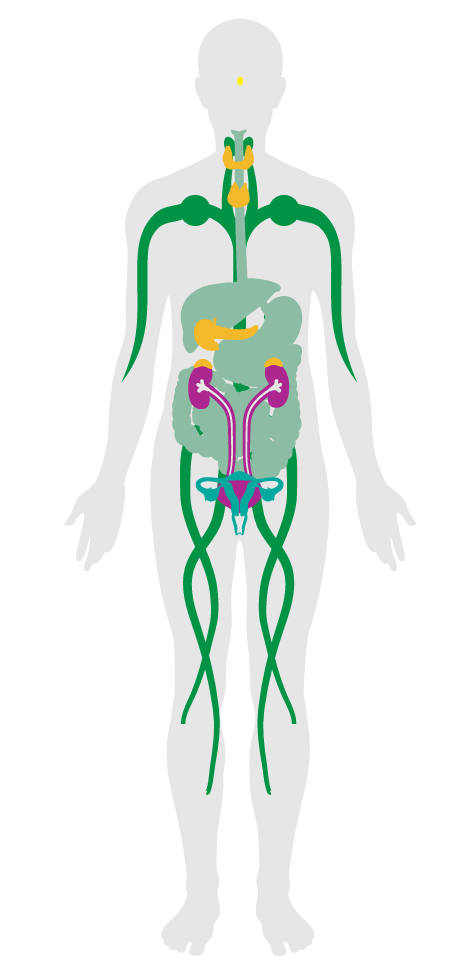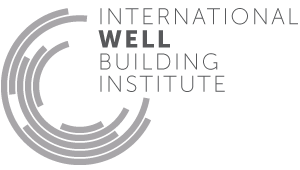Cleaning equipment
- 01 Air quality standards
- 02 Smoking ban
- 03 Ventilation effectiveness
- 04 VOC reduction
- 05 Air filtration
- 06 Microbe and mold control
- 07 Construction pollution management
- 08 Healthy entrance
- 09 Cleaning protocol
- 10 Pesticide management
- 11 Fundamental material safety
- 12 Moisture management
- 13 Air flush
- 14 Air infiltration management
- 15 Increased ventilation
- 16 Humidity control
- 17 Direct source ventilation
- 18 Air quality monitoring and feedback
- 19 Operable windows
- 20 Outdoor air systems
- 21 Displacement ventilation
- 22 Pest control
- 23 Advanced air purification
- 24 Combustion minimization
- 25 Toxic material reduction
- 26 Enhanced material safety
- 27 Antimicrobial activity for surfaces
- 28 Cleanable environment
- 29 Cleaning equipment
- P9 Advanced cleaning
29. Cleaning equipment
High performance cleaning equipment increases the effectiveness of cleaning practices. Cleaning equipment that effectively removes debris and fomite material not only prevents the spread of contaminants, but also reduces repetitive work and contact with potentially harmful chemicals.
This feature specifies cleaning equipment designed to achieve efficient disinfection of surfaces, reduce cross-contamination and decrease exposure to toxic cleaning chemicals.
All cleaning equipment meets the following:
All cleaning equipment meets the following:

Applicability Matrix
| Core & Shell | New & Existing Buildings | New & Existing Interiors | |
|---|---|---|---|
| Part 1: Equipment and Cleaning Agents | - | O | O |
| Part 2: Chemical Storage | - | O | O |
| Commercial Kitchen | Education | Multifamily Residential | Restaurant | Retail | |
|---|---|---|---|---|---|
| Part 1: Equipment and Cleaning Agents | O | O | O | O | O |
| Part 2: Chemical Storage | O | O | O | O | O |
Verification Methods Matrix
| Letters of Assurance | Annotated Documents | On-Site Checks | |
|---|---|---|---|
| Part 1: Equipment and Cleaning Agents | Operations Schedule | ||
| Part 2: Chemical Storage | Visual Inspection |
| 29.1.a |
OSHA/NIOSH's Protecting Workers Who Use Cleaning Chemicals info sheet recommends the use of microfiber mops, rags and dusters. |
| 29.1.c |
OSHA's Protecting Workers Who Use Cleaning Chemicals info sheet recommends the use of hands-free mops. |
| 29.2.b |
Protecting Workers Who Use Cleaning Chemicals info sheet recommends avoiding the mixing of cleaning products that contain bleach and ammonia. |
| 29.1.b |
The EPA's Greening Your Purchase of Cleaning Products: A Guide for Federal Purchasers provides a list of green cleaning product resources, including Design for the Environment, EcoLogo and Green Seal labels. |
| 29.2.a |
The EPA's Chemical Management Resource Guide for School Administrators recommends separate storage for bleach and ammonia products. |
| 29.1.d |
The CDC's Guideline for Isolation Precautions: Preventing Transmission of Infectious Agents in Healthcare Settings recommends vacuum cleaners be equipped with HEPA filters. |
